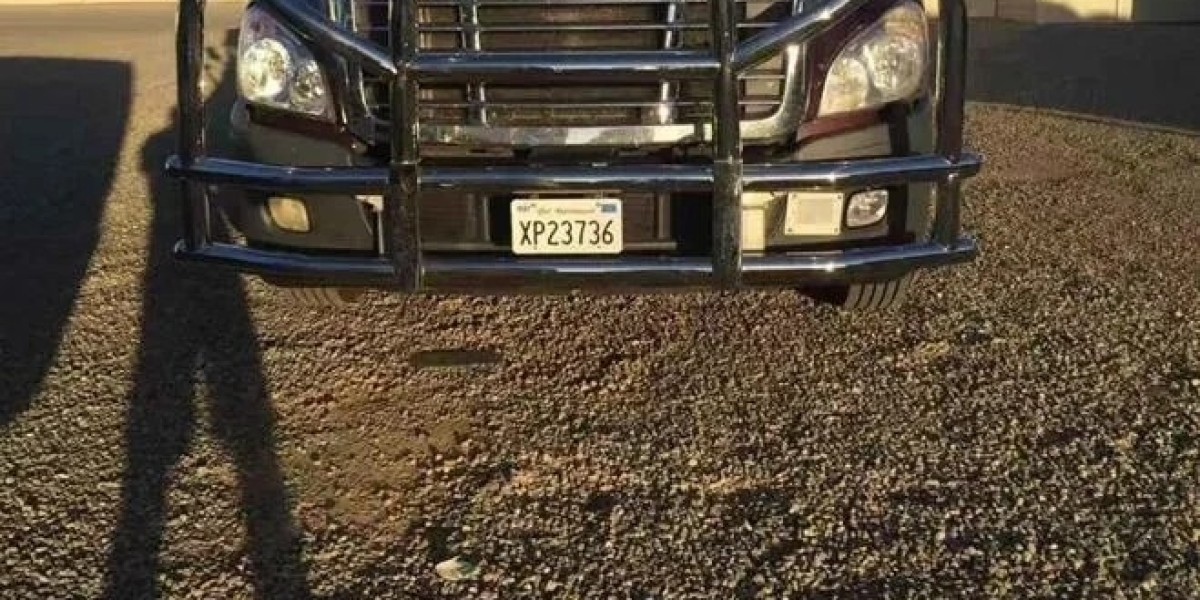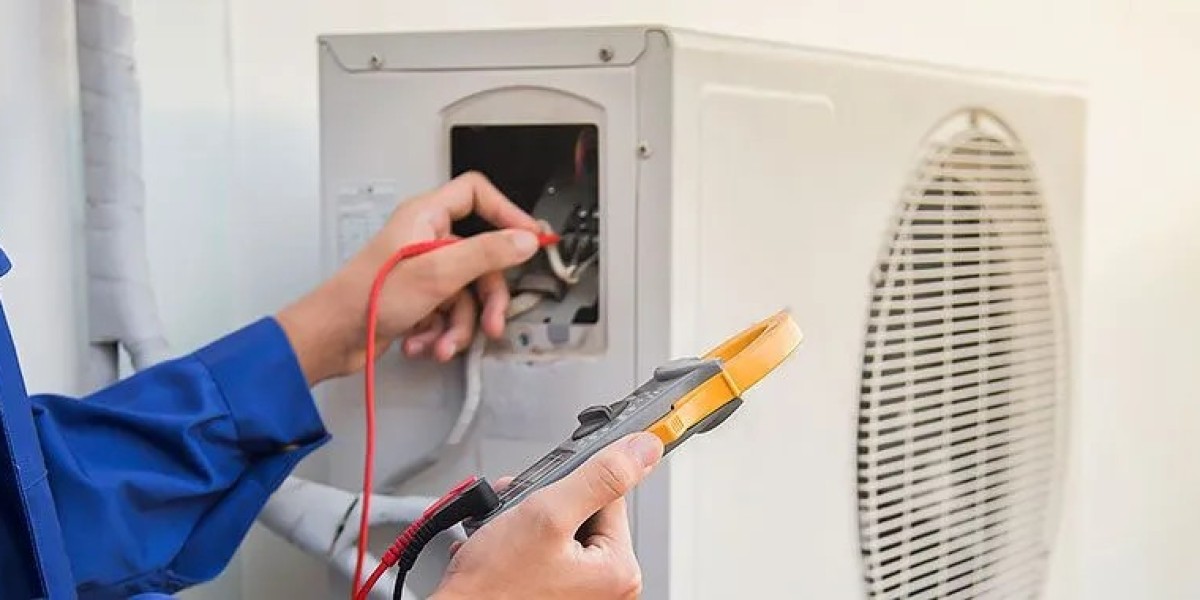When it comes to protecting your vehicle from deer bumper collisions, the choice of bumper material is crucial. Different materials offer varying levels of protection, weight, and cost. Understanding these differences can help you make an informed decision about which bumper material is best for your vehicle.
Steel Bumpers
Steel bumpers are known for their durability and strength. They can absorb significant impact, making them an excellent choice for preventing damage during a deer collision. Steel is also resistant to bending and deformation, which means it can maintain its shape after an impact. However, steel bumpers can be heavy, which may affect your vehicle's fuel efficiency.
Aluminum Bumpers
Aluminum bumpers are lighter than steel, which can improve your vehicle's fuel efficiency. They still provide a good level of protection against deer collisions, but they may not be as strong as steel. Aluminum is also resistant to rust and corrosion, making it a good choice for vehicles exposed to harsh weather conditions. However, aluminum bumpers can be more expensive than their steel counterparts.

Plastic Bumpers
Plastic bumpers are commonly used in modern vehicles due to their lightweight and cost-effective nature. They can absorb minor impacts well, but they may not provide the same level of protection as steel or aluminum. Plastic bumpers are also more prone to cracking and damage from severe impacts. However, they are easy to repair and replace, making them a popular choice for many vehicle manufacturers.
Composite Bumpers
Composite bumpers are made from a combination of materials, including plastic and fiberglass. They offer a balance between strength and weight, providing decent protection against deer collisions. Composite bumpers are also resistant to rust and corrosion, making them suitable for various climates. However, they can be more expensive than traditional plastic bumpers.
Choosing the Right Material
When choosing the right bumper material for your vehicle, consider factors such as your driving habits, the likelihood of deer encounters, and your budget. If you frequently drive in areas with high deer populations, investing in a steel or aluminum bumper may be worthwhile. For those who prioritize fuel efficiency and cost, plastic or composite bumpers may be more suitable.
Conclusion
In conclusion, the best bumper material for your vehicle depends on your individual needs and circumstances. Steel bumpers offer the highest level of protection, while aluminum provides a good balance of weight and strength. Plastic and composite bumpers are more affordable and lightweight but may not offer the same level of protection. Assess your driving environment and make an informed choice to ensure your vehicle is adequately protected against deer collisions.









